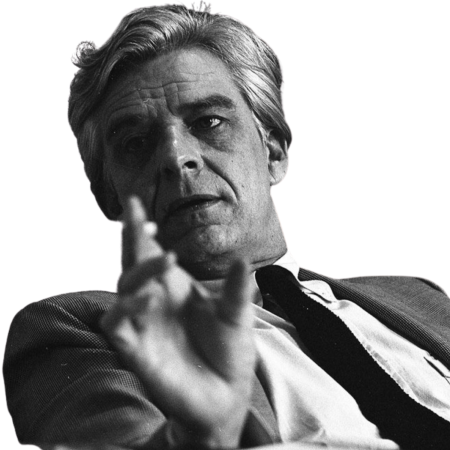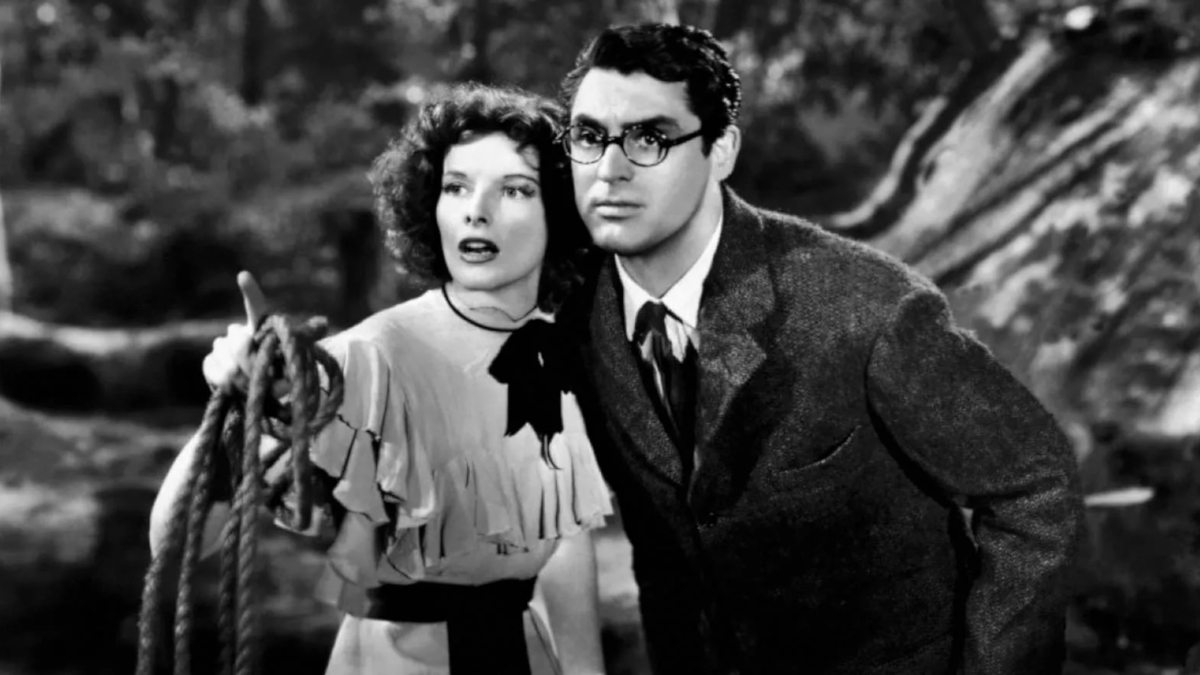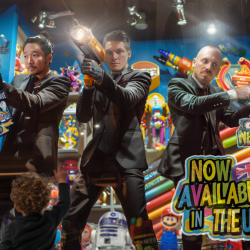As times get tougher financially, and we proceed through this enchanting era of omni-crisis — people want escapism. Scratch that. They need escapism. And culture will fuel this sense of getting away from your worries through humour, hedonism, rebellion and surrealism — in film, TV, art and drama. For when the going gets tough, the tough offer hope. Just ask George Lucas.
Take a time machine back to the 1970s. Set against a gloomy backdrop of crisis-ridden Vietnam era America — at a time when inflation was rocketing, national self-confidence was shaky, and the country was flat, Star Wars offered hope through escapism. The title of the first film is no accident. A New Hope was the escapist antidote culture needed. Lucas created a liminal new place where evil could be vanquished, new lands could be conquered, and stories could be told and continue to unfold for a further 50 years.
This spirit wasn’t unique to George Lucas
A similar unorthodox spirit came of age at a similar time on the BBC. Python also came of age in a time of crisis. A time when the court needed a jester to use humour to shine a light on the truth. A time when we needed silly, not serious.
They broke the conventions of the time — walking off stage, ending their shows half way through, breaking the fourth wall and gave British viewers a rectangular portal to escape the burgeoning strikes that became a hallmark of the 1970s.
Rewinding by another 20 years takes us back to the Great Depression where we uncover the highest grossing film of all time, when adjusted for inflation. None other than Gone With The Wind — brimming with romance, elegiac scenery and permission to leave the everyday behind. It offered a narrative of resilience, of getting on with it, summed up by the final line, ‘After all, tomorrow is another day’.
Whilst Monty Python, Star Wars and Gone with the Wind may seem disparate, they are united by a common backdrop. They invite the viewer to leave their usual world behind them and jump through the looking glass into a world more hopeful. A world that moves them, refreshes them and kindles the flame of hope that burns inside us all.
During Covid we experienced this with two different campaigns at McCann. Whilst other brands were turning home made footage into reassurance ads, we launched our Snoop Dogg work for Just Eat.
After umming and ahhing about the right time to launch, we decided that what we all needed was the escapism of eating ‘tacos in your chateau’. Snoop’s epic reinvention of the ‘Did Somebody Say’ jingle was just what we all wanted. Resulting in kids singing it in the street and the mnemonic becoming as famous as ‘I’m Loving It’.
During this period we also doubled down on the escapism that Kevin the Carrot delivers — transporting viewers to a better, more innocent place through ‘The Long Walk‘ and ‘The Christmas Carrot‘. Both captured the spirit of the time — with the message of ‘when you want to be happy, it pays to be kind’ and didn’t hold a mirror up to our consumer.
Our industry has a well-meaning fixation on purpose

But whilst we admire doing good and being charitable, sometimes a brand’s meaningful role can be to provide emotional nutrition — through joy, humour, escapism and entertainment — like Kevin and Snoop. To paraphrase Howard Gossage, people watch what’s interesting and sometimes that’s an ad. We have to make our content more engaging than the entertainment that it sits within. We can learn from the film and TV industry and realise that our role is to build brands through interest and escapism.
So when times are tough, don’t hold a mirror up to the consumer and tell them you get it and fake empathise. Take them on a journey of endorphin-laced release, with as much humour as you can muster and wallow in the ‘Return on Escapism’ that will come your way. And in the immortal words of Katharine Hepburn, ‘if you obey all the rules, you miss all the fun’. So break some and ask yourself, what would Snoop or Eric Idle do.
Featured image: Katharine Hepburn and Cary Grant in Bringing Up Baby (1938)


























